In the battle of Nginx vs. Apache, 2024 is shaping up to be a pivotal year. While Apache boasts flexibility and extensive modules, Nginx shines with its speed and efficiency. For modern web demands, Nginx might just take the crown! Why not give it a try?
Nginx vs Apache: Which Is the Best Web Server
In the ever-evolving landscape of web development, choosing the right web server can feel like navigating a maze. With numerous options available, two names consistently dominate the conversation: Nginx and Apache. Whether you’re a seasoned developer or just starting your journey into building websites, understanding the strengths and weaknesses of these two titans is crucial. As we step into 2024, the question on everyone’s mind remains: which web server truly reigns supreme?
In this article, we’ll dive into the features, performance, and scalability of Nginx and Apache, helping you make an informed decision that aligns with your specific needs. From serving high-traffic sites to handling dynamic content, both servers offer unique advantages. So, grab your favorite beverage, settle in, and let’s explore the ultimate showdown between Nginx and Apache—because the right choice could make all the difference for your online presence!
Understanding the Basics of Nginx and Apache
When it comes to web servers, both Nginx and Apache have carved out substantial niches in the tech landscape, each bringing unique strengths to the table. Understanding these basics can help you make an informed choice for your specific needs.
Nginx is known for its high performance, scalability, and efficient handling of concurrent connections. It employs an asynchronous, event-driven architecture that allows it to manage thousands of connections simultaneously with minimal resource consumption. This makes Nginx an ideal choice for high-traffic websites and applications, where speed and efficiency are crucial.
On the other hand, Apache has been around longer and is celebrated for its rich feature set and extensive module library. With its process-based architecture, Apache can handle various web applications effectively, making it a versatile option for many developers. Its robust support for dynamic content through modules like mod_php and mod_wsgi allows for intricate server-side scripting, which can be advantageous for complex projects.
Here’s a quick comparison of key features to consider:
| Feature | Nginx | Apache |
|---|---|---|
| Architecture | Asynchronous | Process-based |
| Performance | High for static content | Good but can be slower under heavy traffic |
| Configuration | Simple and straightforward | Flexible with extensive options |
| Dynamic Content | Requires reverse proxy | Built-in support |
Both servers have their adherents, and the right choice often hinges on your specific use case:
- Choose Nginx if: You prioritize speed and need to handle numerous simultaneous connections, such as in a content delivery network (CDN) or a high-traffic website.
- Opt for Apache if: You require extensive customization options and need to run complex applications that rely heavily on dynamic content.
Ultimately, understanding the strengths and limitations of both Nginx and Apache can empower you to select the web server that aligns best with your 2024 goals. Whether you’re launching a new site or optimizing an existing one, knowing the basics will set you on the right path.
Performance Face-Off: Speed and Efficiency Compared
When it comes to web servers, speed and efficiency are often at the forefront of discussions. Both Nginx and Apache have their own unique approaches to handling web requests, which can significantly affect how quickly your site loads and how well it manages resources under high traffic. Let’s dive into how these two giants stack up against each other based on performance metrics.
Nginx, with its event-driven architecture, is designed to handle multiple requests simultaneously without consuming much memory. This means it can serve static content, such as images and CSS files, with lightning speed. Here’s a quick comparison:
| Feature | Nginx | Apache |
|---|---|---|
| Request Handling | Asynchronous | Synchronous |
| Memory Usage | Low | Higher |
| Static Content Performance | Excellent | Good |
On the other hand, Apache is a process-based server, meaning it creates a new process for each request. While this can be advantageous for dynamic content processing, it can become a bottleneck when traffic spikes, leading to higher latency and resource consumption. Here are a few factors to consider:
- Dynamic Content Handling: Apache excels in handling dynamic requests due to its robust module support.
- Configuration Flexibility: Its .htaccess files allow for granular customization on a per-directory basis.
- Community Support: A large user base means plenty of resources and community-driven modules.
Benchmark tests often showcase Nginx’s superior performance in serving thousands of concurrent connections, making it a popular choice for high-traffic websites. However, the best choice largely depends on your specific needs. If your site relies heavily on dynamic content, you might find Apache’s traditional method more suitable. But for static content delivery and handling high loads efficiently, Nginx takes the crown.
Ultimately, both servers have their merits, and the decision should align with your particular use case. Whether you go with Nginx for its speed or Apache for its flexibility, understanding their strengths and weaknesses will help you make an informed choice for your web hosting needs in 2024.
Resource Management: Which Server Handles Traffic Better?
When it comes to web servers, the efficiency of traffic handling is paramount. In the battle between Nginx and Apache, both have their unique strengths, but their approaches to managing resources and traffic can significantly affect your site’s performance.
Nginx is renowned for its event-driven architecture, which allows it to handle multiple connections with minimal resource consumption. This makes it particularly effective for serving static content and managing high traffic loads. Its ability to process requests asynchronously allows it to maintain fast response times, even under heavy concurrent user loads. Here are some key features of Nginx:
- Event-driven processing – Can handle thousands of connections simultaneously.
- Low memory footprint - Efficiently uses resources, making it ideal for cloud environments.
- Load balancing – Distributes incoming traffic across multiple servers effectively.
On the other hand, Apache offers a more traditional multi-threaded approach. While this can be advantageous in specific scenarios, it often leads to higher memory usage when managing numerous connections. Apache excels in situations requiring extensive customization and a wide range of modules. Key attributes include:
- Extensive module support – Allows for significant customization and added functionalities.
- Robust .htaccess capabilities - Offers granular control over directory-level configurations.
- Compatibility – Works seamlessly with various programming languages and frameworks.
To better understand the comparative performance of Nginx and Apache under heavy traffic, consider the following table:
| Feature | Nginx | Apache |
|---|---|---|
| Connections per second | High | Moderate |
| Memory usage | Low | High |
| Static file serving | Optimized | Standard |
| Dynamic content handling | Efficient with additional setups | Integrated modules |
Ultimately, the decision between Nginx and Apache hinges on your specific use case. If traffic volume is your primary concern and you seek a lightweight solution that scales well, Nginx would be your best bet. However, if your project requires extensive customization and module support, Apache remains a solid choice. Knowing the strengths and weaknesses of each can help you optimize resource management effectively.
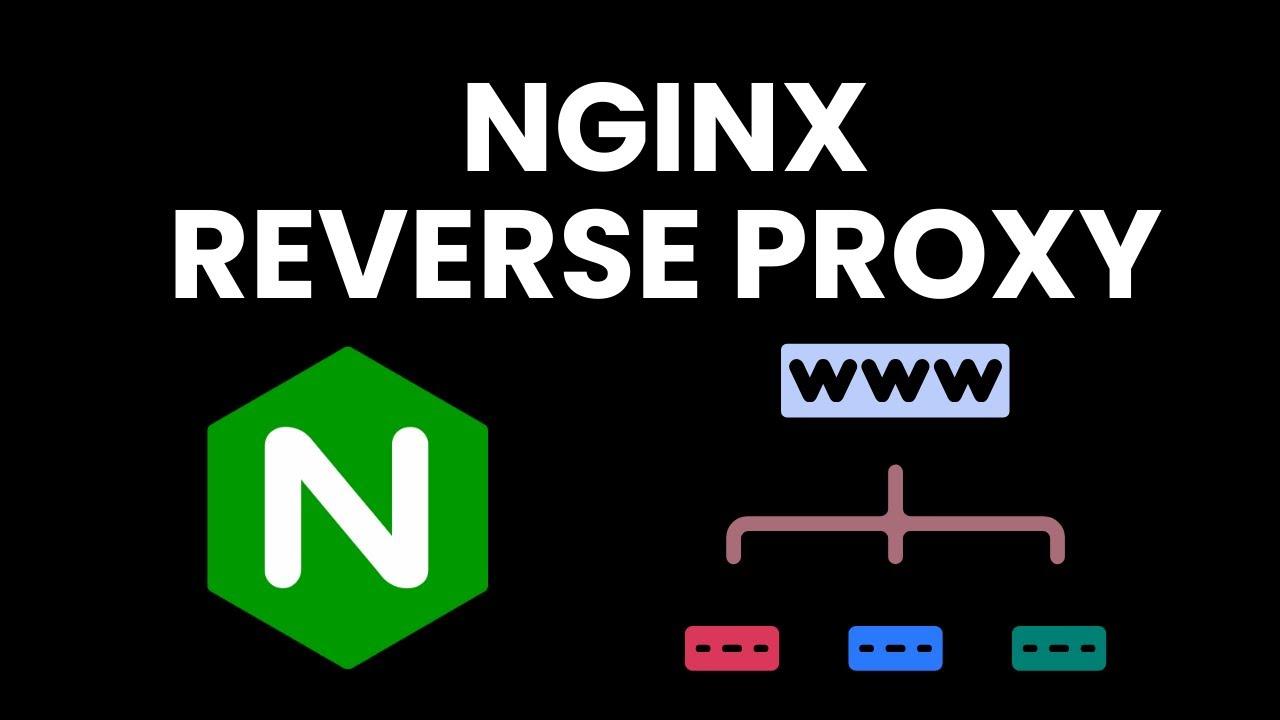
Configuration Made Easy: User Experience in Nginx and Apache
When it comes to configuration, both Nginx and Apache offer distinct approaches that cater to different user experiences. Nginx is celebrated for its simplicity and ease of use, especially for those who appreciate streamlined processes. Its configuration files are straightforward, allowing users to set up a basic server quickly without wading through excessive documentation.
On the other hand, Apache provides a more flexible environment with its .htaccess files, enabling per-directory configuration. This can be a double-edged sword; while it allows for powerful customization, it may overwhelm new users who are unfamiliar with its extensive options. Here are some aspects to consider:
- Nginx Configuration: Minimalist and efficient; perfect for beginners.
- Apache Configuration: Highly customizable, but it might require a steep learning curve.
- Documentation: Both servers offer comprehensive documentation, but Nginx’s is often noted for being more user-friendly.
Another point worth mentioning is the community support surrounding both platforms. Nginx users often find vibrant communities that emphasize quick solutions and practical advice, which can significantly ease the learning process. Meanwhile, Apache’s long-standing presence means a wealth of legacy information and community forums, but it can sometimes be harder to sift through the noise to find relevant solutions.
| Feature | Nginx | Apache |
|---|---|---|
| Ease of Use | High | Moderate |
| Customization | Low | High |
| Performance | Excellent under high load | Good, but can slow down |
| Resource Usage | Low | Higher |
Ultimately, your choice between Nginx and Apache may boil down to your specific needs. If you prioritize speed and ease of configuration, Nginx is likely the way to go. However, if you require fine-tuned control over your server settings, Apache offers unparalleled flexibility. Knowing your requirements and the technical skills of your team can guide you to make the right choice.

Security Features: Protecting Your Web Assets Effectively
When it comes to securing web applications, the choice of server can significantly impact your overall security posture. Both Nginx and Apache offer a range of features designed to protect your assets, but they approach security in different ways. Understanding these nuances can help you make an informed decision that best suits your needs.
Nginx’s architecture is designed with performance and security in mind. It uses an event-driven model, which not only enhances speed but also minimizes the number of concurrent connections, reducing the risk of denial-of-service attacks. Additionally, Nginx comes equipped with built-in features that help mitigate threats:
- Rate Limiting: Control the number of requests a user can make in a given timeframe, effectively preventing abuse.
- IP Blacklisting: Block specified IP addresses to protect against known malicious actors.
- Web Application Firewall (WAF) Integration: Seamlessly integrate a WAF to protect against common vulnerabilities.
On the other hand, Apache is renowned for its extensive module system, which allows for customizable security configurations. It enables administrators to tailor their setups and implement security features that align with their specific requirements. Here are some of Apache’s notable security features:
- .htaccess Files: Fine-tune directory-level access controls to enhance security management.
- Mod_security: An open-source WAF that helps protect against various attacks by providing a set of rules to filter HTTP requests.
- SSL/TLS Support: Easily set up HTTPS to secure data in transit, ensuring that sensitive information remains protected.
Both servers support mod_security, providing an additional layer of defense. However, the implementation and ease of configuration can vary:
| Feature | Nginx | Apache |
|---|---|---|
| Ease of SSL Setup | Straightforward with built-in support | Requires additional modules but well-documented |
| Custom Security Rules | High performance with simple configurations | Highly customizable through .htaccess |
| Community Support | Growing community and resources | Established community with extensive documentation |
Ultimately, the choice between Nginx and Apache for security features boils down to your specific needs and preferences. If speed and simplicity are paramount, Nginx may be the way to go. However, if you require extensive customization and control, Apache’s modular approach could serve you better. Either way, prioritizing security through the right server choice will protect your web assets effectively.
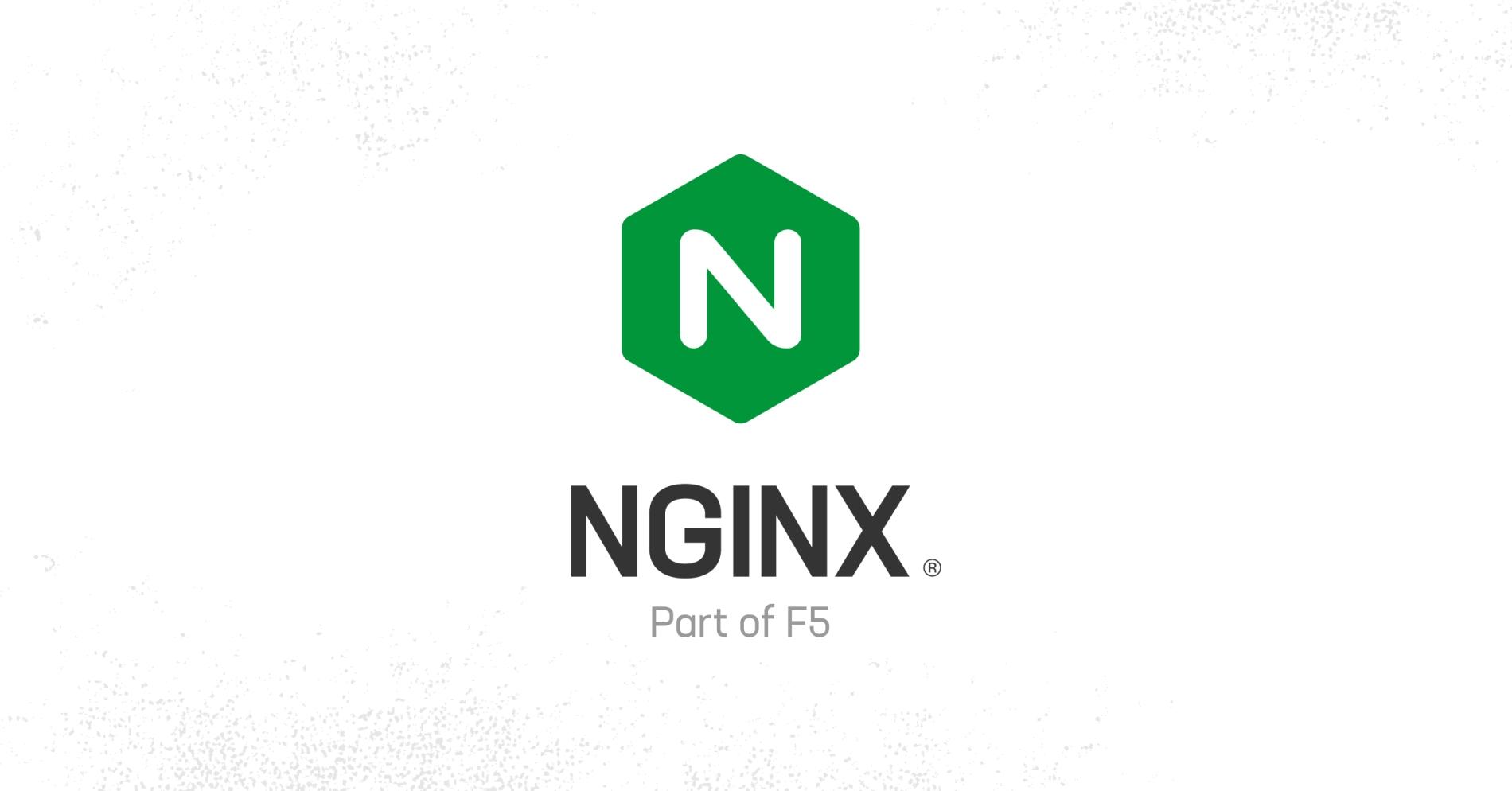
Scalability Insights: Growth Potential of Nginx and Apache
When it comes to scaling web applications, both Nginx and Apache offer unique advantages that can significantly impact a business’s growth trajectory. Understanding their scalability features can empower developers and decision-makers to select the right server solution for their needs.
Nginx is renowned for its ability to handle thousands of concurrent connections with minimal resource consumption. Its event-driven architecture allows it to efficiently manage multiple requests, making it a top choice for high-traffic websites. This design not only maximizes server performance but also reduces hardware costs, as fewer resources are needed to support heavy loads. Key characteristics include:
- Asynchronous processing for improved efficiency
- Static file handling that reduces load times
- Simple configuration for load balancing and caching
On the other hand, Apache excels in its flexibility and robustness. Its modular architecture allows for extensive customization, enabling developers to tailor the server to specific requirements. While it may not match Nginx in handling simultaneous connections, Apache shines in serving dynamic content via interpretative modules. Consider the following strengths:
- Rich module ecosystem for additional functionalities
- Fine-grained access controls for security
- Compatibility with a variety of technologies and platforms
To illustrate the differences in scalability potential, here’s a quick comparison of typical use cases for each server:
| Use Case | Nginx | Apache |
|---|---|---|
| High Traffic Static Sites | Best suited due to low resource usage | Can handle, but less efficient |
| Dynamic Content Management | Good, but requires additional setup | Excellent due to mod_rewrite and mod_php |
| Microservices Architecture | Ideal for lightweight services | Possible, but may require more resources |
In terms of growth potential, businesses must consider future scalability requirements. Nginx’s performance at scale makes it a compelling option for those anticipating rapid growth or unpredictable traffic spikes. Conversely, Apache’s adaptability allows organizations to evolve their strategy without overhauling their entire setup.
Ultimately, the choice between Nginx and Apache should align with specific business goals and the anticipated demands of the website or application. Assessing the scalability insights of both can lead to informed decisions that foster growth in a competitive digital landscape.

Community Support and Documentation: A Crucial Factor
When choosing a web server, the importance of community support and documentation cannot be overstated. For developers and system administrators alike, having access to robust resources is essential for troubleshooting, optimizing performance, and implementing best practices. In this arena, both Nginx and Apache offer rich support, yet they cater to different user preferences and needs.
Nginx has cultivated a vibrant community that actively contributes to its documentation and resources. This collaborative effort is evident in:
- Comprehensive online documentation that covers everything from installation to advanced configuration.
- A wealth of community forums and user groups where issues are discussed and resolved.
- Regular updates and contributions that keep the knowledge base fresh and relevant.
On the flip side, Apache boasts a long-standing reputation and extensive documentation that has been refined over years. Here are some highlights:
- A detailed manual that is constantly updated with every new release.
- A large number of tutorials and articles written by experienced users that cover unique use cases.
- Active mailing lists and forums that foster a spirit of collaboration among users.
Both web servers have their strengths, but the choice may hinge on specific community-driven resources that align with individual needs. For instance, if you are looking for quick solutions and community input, Nginx’s forums may be more dynamic, while Apache’s extensive archives could provide deeper insights for complex setups.
To illustrate the contrast in community support and documentation, consider the following table:
| Feature | Nginx | Apache |
|---|---|---|
| Documentation Quality | Concise and user-friendly | Thorough and detailed |
| Community Activity | Highly active forums | Established mailing list |
| Availability of Tutorials | Emerging resources | Abundant legacy resources |
Ultimately, the choice between Nginx and Apache may come down to which community resonates more with you as a user. Whether you’re drawn to the rapid pace of Nginx’s support or the comprehensive depth of Apache’s documentation, understanding these aspects can make a significant difference in your overall experience and success with your chosen web server.
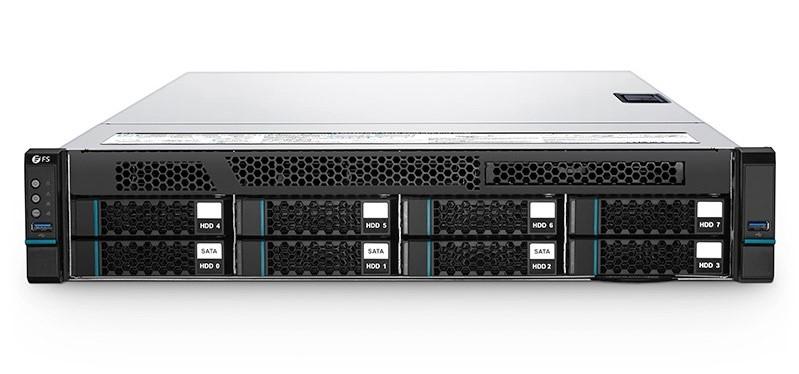
Choosing the Right Server for Your Project Needs
When it comes to selecting the ideal server for your project, the decision between Nginx and Apache can significantly impact performance, scalability, and ease of use. Both are powerful web servers, but they serve different needs and scenarios. Understanding your requirements is key to making the right choice.
Nginx is known for its high performance and ability to handle many concurrent connections efficiently. It uses an event-driven architecture that excels in serving static files and can be a great option for websites with high traffic. If your project demands:
- High concurrency
- Low memory usage
- Fast static content delivery
then Nginx might be the way to go. It is particularly favored for modern applications, microservices, and scenarios where rapid scaling is necessary.
On the other hand, Apache offers flexibility and a vast number of modules that can be easily plugged in to enhance functionality. If your project requires:
- Dynamic content processing
- Complex configurations
- Compatibility with legacy software
then Apache could be the better choice. It has a rich feature set and is well-suited for projects that require extensive customization and a variety of different applications.
To help you visualize the differences, here’s a quick comparison:
| Feature | Nginx | Apache |
|---|---|---|
| Architecture | Event-driven | Process-driven |
| Static Content Delivery | Extremely fast | Moderate speed |
| Dynamic Content Handling | Requires additional modules | Built-in support |
| Resource Consumption | Low | Higher |
Ultimately, the best web server for your project depends on your specific requirements and goals. Consider factors such as traffic patterns, the nature of your content, and the technical expertise available to manage your server. By aligning your choice with your project’s needs, you can ensure optimal performance and a smoother user experience.
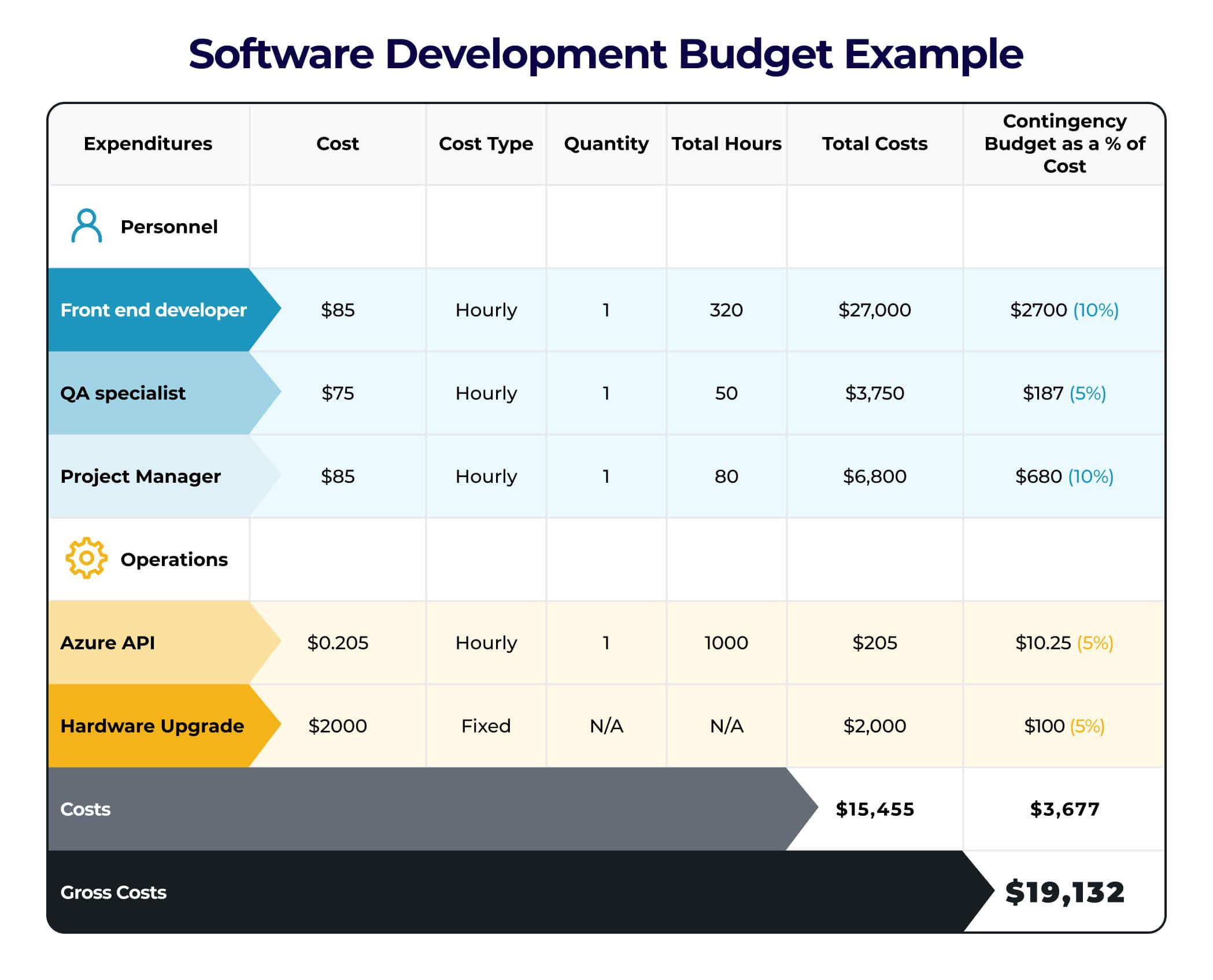
Cost Considerations: Budgeting for Your Web Server Solution
When deciding between Nginx and Apache for your web server solution, understanding the associated costs is crucial for effective budgeting. Both platforms offer free, open-source versions, but various factors can influence the total expenditure necessary for a robust web server setup.
Initial Setup Costs: While both Nginx and Apache are free to download and use, you might incur expenses related to:
- Server hardware or cloud hosting services
- Initial configuration and optimization
- Domain registration and SSL certificates
Operational Costs: Beyond the initial setup, consider the ongoing costs of running your web server. These might include:
- Monthly hosting fees, which can vary based on the provider and server capacity
- Cost of additional software licenses if using premium features
- Maintenance fees for regular updates and security patches
Performance and Scalability: The choice between Nginx and Apache can also impact your budget based on performance and scalability needs. Nginx is often praised for its ability to handle more concurrent connections with less resource consumption. This efficiency may reduce the hardware requirements needed to manage traffic, potentially leading to long-term savings:
| Feature | Nginx | Apache |
|---|---|---|
| Memory Usage | Lower | Higher |
| Concurrent Connections | Better handling | Limited by threads |
| Static Content Delivery | Faster | Slower |
Support and Community: Investing in a solution also means considering the support options available. While both technologies have extensive communities, you may opt for paid commercial support for either platform. This could be an additional expense, but it often pays off in time saved and peace of mind.
carefully evaluating these cost considerations will empower you to make a well-informed decision that aligns with your financial constraints while ensuring optimal performance for your web server solution.
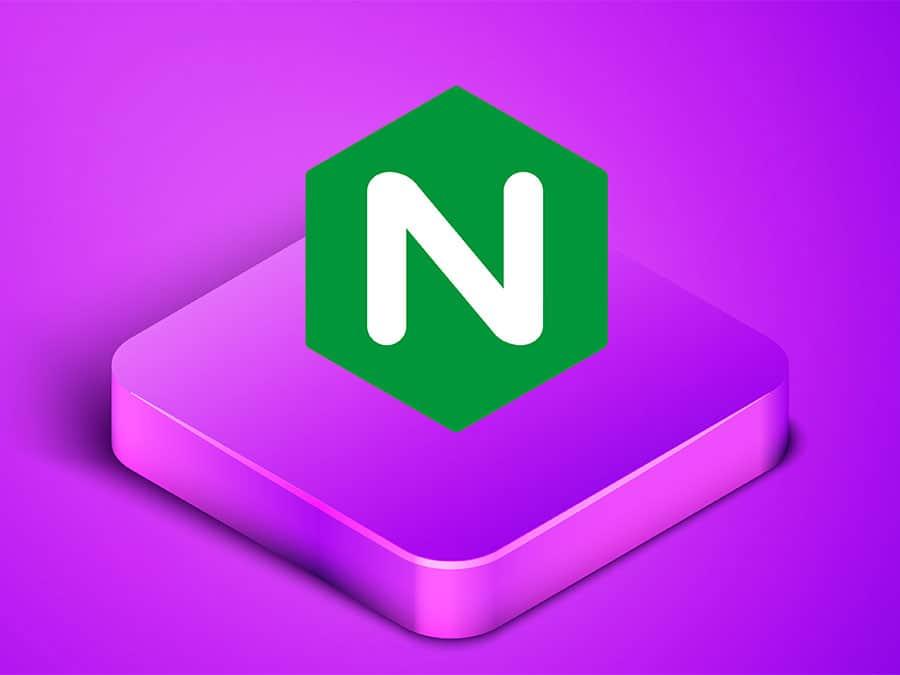
Future Trends: What Lies Ahead for Nginx and Apache in 2024
As we dive into 2024, both Nginx and Apache are poised to evolve in significant ways, shaping the landscape of web server technology. Businesses and developers alike are keenly watching these trends to understand how they can leverage these platforms for enhanced performance and scalability.
Nginx is expected to continue its dominance in the microservices architecture realm. With the rise of containerization and orchestration tools like Kubernetes, Nginx’s lightweight and high-performance capabilities make it the go-to choice for modern web applications. Additionally, its robust support for HTTP/2 and QUIC will likely gain even more traction, offering faster and more secure connections.
On the other hand, Apache is not standing still. The introduction of significant modules that enhance performance and security will position Apache as a reliable choice for traditional web hosting environments. With the increasing focus on security, the development of features like improved TLS configurations and better logging mechanisms will attract enterprises that prioritize data protection.
In 2024, we can anticipate a stronger emphasis on edge computing. Both Nginx and Apache will need to adapt to the demands of low-latency, high-performance applications. Whether it’s through the integration of caching strategies or support for CDN technologies, these web servers must evolve to meet the needs of distributed applications and global audiences.
Another area to watch is the shift towards developer-friendly environments. With the rise of DevOps practices, both Nginx and Apache will need to enhance their APIs and configuration management tools. This will not only streamline deployment processes but also improve web server management, making it easier for developers to focus on building rather than maintaining.
Here’s a quick comparison of anticipated features for Nginx and Apache in 2024:
| Feature | Nginx | Apache |
|---|---|---|
| Performance | High concurrency handling | Improved module performance |
| Security | Advanced TLS support | Enhanced logging options |
| Microservices | Seamless integration | Support for REST APIs |
| Community Support | Growing contributors | Established ecosystem |
Ultimately, as we look ahead, organizations must remain agile and adaptable, choosing the server that best aligns with their specific needs. The decision will hinge not just on current performance metrics but also on how well these platforms can evolve to meet the challenges of an increasingly complex digital landscape.
Frequently Asked Questions (FAQ)
Sure! Below is a Q&A section for an article titled “Nginx vs Apache: Which Is the Best Web Server in 2024?” written in a conversational and persuasive tone.
Q&A: Nginx vs Apache in 2024
Q: What are the main differences between Nginx and Apache?
A: Great question! At their core, Nginx and Apache are both powerful web servers, but they have different architectures. Apache uses a process-based model, which means it creates a new thread for each request. This can make it more resource-intensive under heavy load. On the flip side, Nginx operates on an event-driven model, allowing it to handle many connections at once with minimal resource usage. This makes Nginx a favorite for high-traffic sites.
Q: Which one is easier to configure and manage?
A: If you’re looking for ease of use, Apache might have the edge here. Its configuration files are straightforward and it has a more extensive documentation base, which is great for beginners. That said, Nginx’s configuration can be a bit trickier initially, but once you get the hang of it, many find it to be more efficient for performance tuning.
Q: Is one of them better for static content?
A: Absolutely! Nginx shines when it comes to serving static content. It can handle static files like images, CSS, and JavaScript much faster than Apache, thanks to its asynchronous architecture. If your site serves a lot of static assets, Nginx is likely your best bet.
Q: What about dynamic content? Which server performs better?
A: Both servers can handle dynamic content well, but how they do it varies. Apache pairs seamlessly with PHP through mod_php, making it a great choice for many PHP-based applications. Nginx can serve dynamic content too, often by using it alongside a backend server like PHP-FPM. For high-traffic sites with dynamic content, Nginx’s ability to manage connections efficiently often gives it the upper hand.
Q: How do they compare in terms of security?
A: Security is crucial, and both servers have solid track records. Apache’s long-standing history means there are plenty of resources and community support for addressing vulnerabilities. Nginx, however, has a simpler codebase, which can potentially reduce the attack surface. Additionally, Nginx’s built-in features, such as rate limiting and connection handling, can provide an extra layer of protection.
Q: Are there any specific use cases where one outperforms the other?
A: Definitely! For a simple, low-traffic blog or a site requiring lots of modules, Apache could be the way to go. However, for high-performance applications, microservices, or websites expecting a surge in traffic, Nginx is often the clear winner. Its ability to handle numerous simultaneous connections with less memory usage makes it ideal for modern web applications.
Q: So, which one should I choose for my project in 2024?
A: Ultimately, it depends on your specific needs! If you’re focused on performance and scalability, especially with static content, Nginx is hard to beat. However, if you value flexibility and are working on a project that requires extensive module support, Apache still holds its ground. Consider your project requirements, and you can’t go wrong with either choice!
—
Feel free to adjust any part of the text to better suit your article’s style or direction!
The Conclusion
As we wrap up our deep dive into the world of web servers, it’s clear that both Nginx and Apache bring unique strengths to the table, each catering to different needs and preferences. Whether you’re drawn to Nginx’s impressive performance and scalability or you prefer Apache’s flexibility and robust ecosystem, the best choice ultimately hinges on your specific requirements.
If you’re prioritizing speed and handling high traffic loads, Nginx might just be your golden ticket. On the other hand, if you value customization and a wide array of modules, Apache could be the right fit for your project.
As we step into 2024, the landscape is evolving, and both servers continue to innovate. So, take the time to assess your goals—whether you’re building a personal blog, an e-commerce site, or a complex application—and choose the server that aligns with your vision.
it’s not just about choosing between Nginx and Apache; it’s about selecting the tool that best empowers you to create an exceptional web experience. So go ahead, dive in, and make your choice! Your online journey awaits, and with the right web server by your side, the possibilities are endless.




